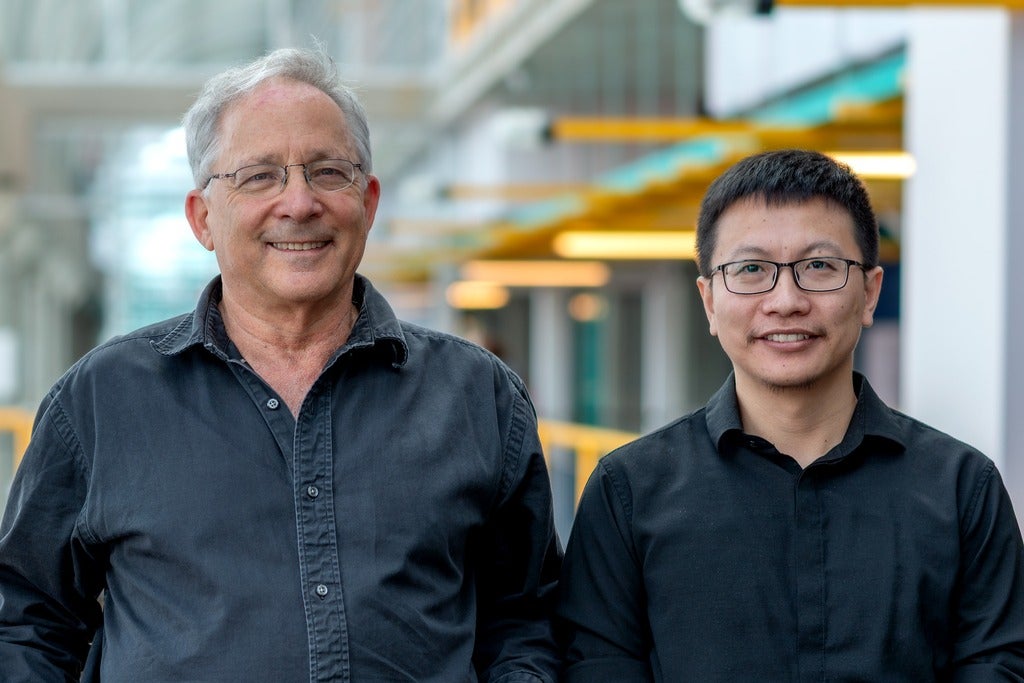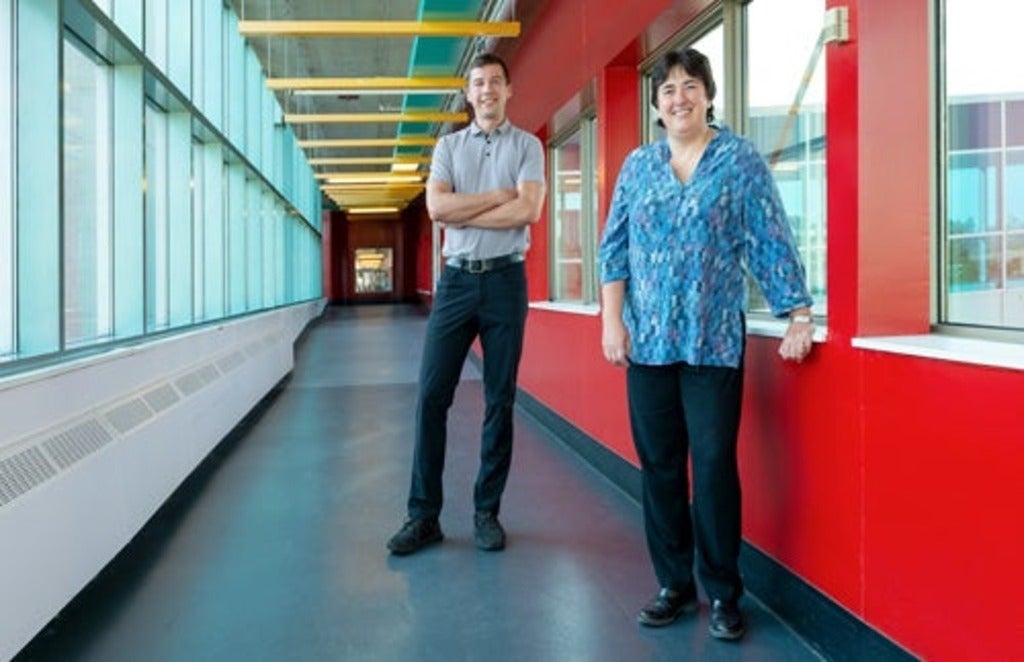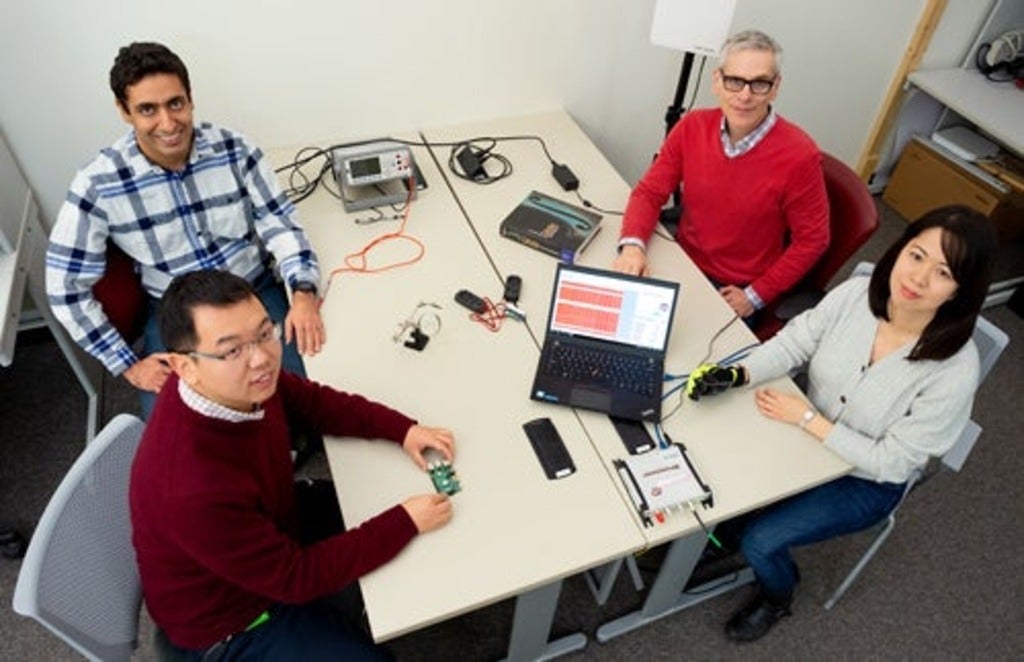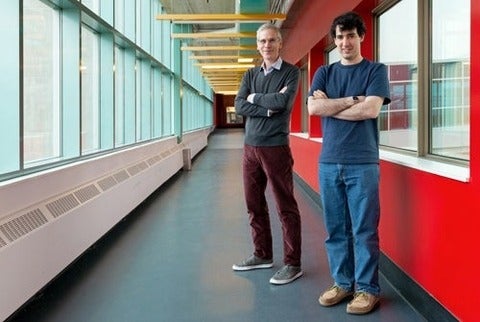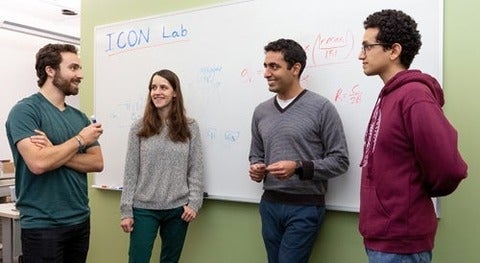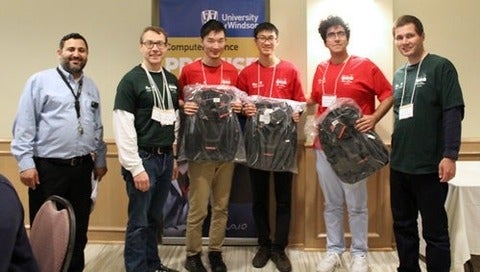Shai Ben-David and Yaoliang Yu named to top Canadian chair program in AI
Cheriton School of Computer Science Professors Shai Ben-David and Yaoliang Yu have been named Canada CIFAR AI Chairs. They are among the 34 leading researchers in artificial intelligence and machine learning across Canada who form the third cohort of Canada CIFAR AI Chairs announced today.
